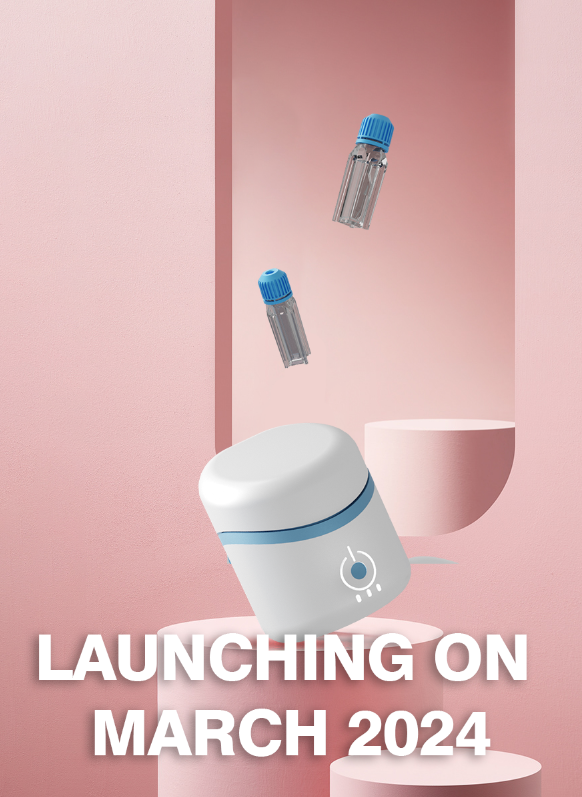
Preserving Kidney Health: Unveiling Risks in Your Medicine Cabinet
In our journey to well-being, it's crucial to be mindful of the impact medications can have on our kidneys. Kidney health is often overlooked, yet certain common medications can pose risks.
Guarding Your Kidneys: The Hidden Risks Lurking in Your Medicine Cabinet"
In our busy lives, it's easy to overlook the impact our everyday medications can have on our health, particularly on vital organs like the kidneys. Surprisingly, common medications found in almost every household may pose a threat to kidney health. In this blog, we'll explore the medications that could be damaging your kidneys and discuss essential steps to protect this crucial organ.
The Silent Threat: Kidney damage from medications is more common than you might think, affecting 20% of cases, according to the American Academy of Family Physicians. HaVy Ngo-Hamilton, a clinical consultant at BuzzRx, emphasizes that drug-induced kidney disease is often the most preventable form of kidney damage, making awareness crucial for everyone, especially those over 60 or living with chronic conditions.
Common Culprits: Several commonly used medications can contribute to kidney damage if not used cautiously. Let's take a closer look at these culprits:
NSAIDs: Non-steroidal anti-inflammatory drugs (NSAIDs) are go-to options for pain relief and inflammation. However, long-term and frequent use can lead to chronic kidney disease, making it essential to consult healthcare providers before regular use.
Antibiotics: While antibiotics are crucial for fighting bacterial infections, self-medicating with leftover antibiotics can lead to acute kidney issues. It's crucial to complete the entire prescribed course to avoid unnecessary risks.
Proton Pump Inhibitors (PPIs): PPIs, reduce stomach acid but may pose a risk of kidney disease with prolonged and high-dose usage. Users are advised to remain vigilant and consult healthcare providers if concerns arise.
Blood Pressure Medications: common blood pressure medications, are effective in controlling hypertension. However, users should be cautious about potential kidney injury, especially when combining them with other medications.
Supplements: While not inherently harmful, certain supplements can impact kidney function, necessitating discussions with healthcare providers for guidance on their safe usage.
Psychiatric Medications: Prescription drugs like fluoxetine, lithium, and amitriptyline, used to treat mental health conditions, can potentially harm kidneys, making it crucial to monitor their usage under professional guidance.
Determining Safe Usage: The challenge lies in determining how much medication is too much. While there's no one-size-fits-all answer, exceeding recommended doses or prolonged use can be dangerous for kidney health. Users are advised to adhere to product labels and consult healthcare providers for personalized guidance.
High-Risk Individuals: Certain individuals face a higher risk of drug-induced nephrotoxicity, including those over 60, those with underlying renal insufficiency from conditions like diabetes or high blood pressure, and those with various medical conditions. Regular monitoring and consultations with healthcare providers become imperative for this demographic.
Recognizing Kidney Disease: Chronic kidney disease (CKD) can develop silently, with symptoms like swelling, decreased urine output, fatigue, nausea, confusion, shortness of breath, and seizures emerging in later stages. Acute kidney injury (AKI) occurs suddenly and is more common in hospital settings.
Prevention is Key: To safeguard your kidneys, awareness, and proactive measures are crucial. If medication-related kidney damage is suspected, consulting a physician is paramount. Discontinuing the drug, fluid replacement, and addressing kidney inflammation should only be undertaken under professional guidance.
Conclusion: Your medicine cabinet may hold both remedies and risks. By staying informed, consulting healthcare providers, and being mindful of the medications you take, you can actively protect your kidneys. Prioritize your renal health, as prevention is the key to ensuring your kidneys continue to function at their best for years to come.

